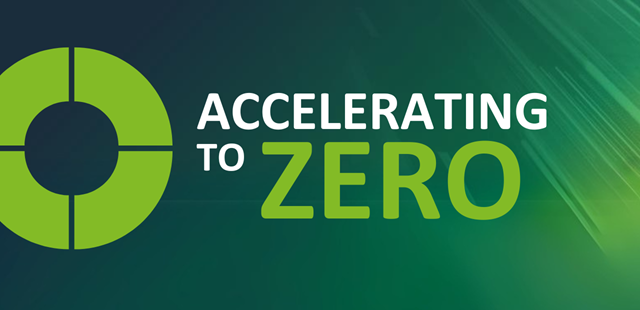Three in four Brits back harsher penalties to end £1bn scourge of uninsured driving
19 July 2025

A new YouGov survey released today show three-quarters of British public don’t believe the current fines for driving uninsured are high enough and would support the current penalty quadrupled. It comes as government figures show the economic cost of uninsured driving, including compensation for victims, emergency services, medical costs and loss of productivity, is £1 billion a year.
- 78% of British adults don't think the current £300 fine for driving an uninsured vehicle is enough to deter people
- 75% of British adults support increasing the fine for driving without insurance to £1,200
MIB, the UK not-for-profit responsible for making roads safer by reducing uninsured driving and compensating victims of uninsured or hit-and-run collisions, is calling on the government to increase the fine to £1,200 as part of its new five-year strategy, Accelerating to Zero, which aims to end uninsured driving for good.
Every twenty minutes, someone in the UK is the victim of an uninsured or hit-and-run driver. And every day, at least one person is so seriously injured that they need life-long care. Compensation and support for victims is funded by a levy on insurers, ultimately costing law-abiding motorists in their premiums.
Historical insight also shows that uninsured drivers are more likely to speed, more likely to have a defective vehicle, more likely to be a convicted drink-driver, and more likely to be involved in a fatal collision. Getting those who are knowingly driving uninsured off our roads doesn't just get rid of uninsured driving, it makes roads safer for everyone.
MIB has been compensating victims of uninsured and hit-and-run collisions since 1946, helping individuals to rebuild their lives. They help take an uninsured vehicle off the road every four minutes, but it has now vowed to end uninsured driving for good so there are no more victims.
Angus Eaton, CEO at MIB says: “Over the last 80 years, we’ve achieved a great deal as an organisation in managing claims and tackling the wider uninsured driving problem. But we know that in simply managing claims, we’re not dealing with the problem early enough because uninsured drivers still wreck lives. And it’s getting harder to solve. Accelerating to Zero is our commitment to end uninsured driving for good.
“A first step is working with the government to increase fines for those driving uninsured. We believe that the current penalty of £300, which hasn’t changed in over ten years, simply isn’t enough of a deterrent. We’re calling for the penalty to be raised so that it is double the average premium, to help eradicate the issue.
“Accelerating to Zero is an ambitious plan, but we believe that in five years’ time we will be able to look back and be proud that we’re much closer to ending uninsured driving.”
The call for increased fines is just part of a series of initiatives MIB have planned to make roads safer by ending uninsured driving. These include better education for young drivers, improved data services to identify those driving uninsured, and stronger partnerships with the government, police and the insurance industry.
Ending the devastation for victims of uninsured driving: Ieuan’s story
At just 24, Ieuan’s life changed forever when a normal day at work ended in catastrophe. He had been working on the roadside near Rhymney when he was hit by an uninsured driver travelling at high speed while fleeing police. The driver had entered a coned-off lane and struck him, leaving him with a fractured skull and injuries so severe his left leg had to be amputated below the knee.
The impact on his life was devastating - not just physically, but emotionally and financially too. He spent 17 days in hospital and had multiple surgeries. Once an active, independent young man with ambitions to start his own fencing and gardening business, Ieuan suddenly found himself reliant on others for even the most basic daily tasks. His partner became his full-time carer. The psychological toll, including phantom limb pain and anxiety, was just as difficult as the physical rehabilitation.
Ieuan said: “I hated every minute of being in hospital. It was a traumatic experience. I struggled to understand how it all happened. I didn’t know what the future held for me, but with the support from the MIB, I was able to access specialist rehabilitation and prosthetics, even one that allows me to do more active hobbies. Despite the enormous challenges, I have gotten married and even opened my own business, reclaiming my independence and purpose.”
